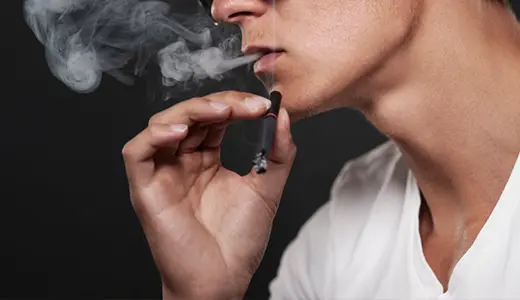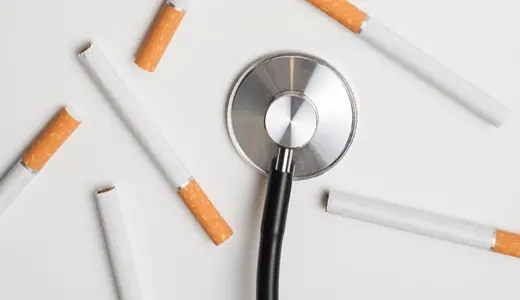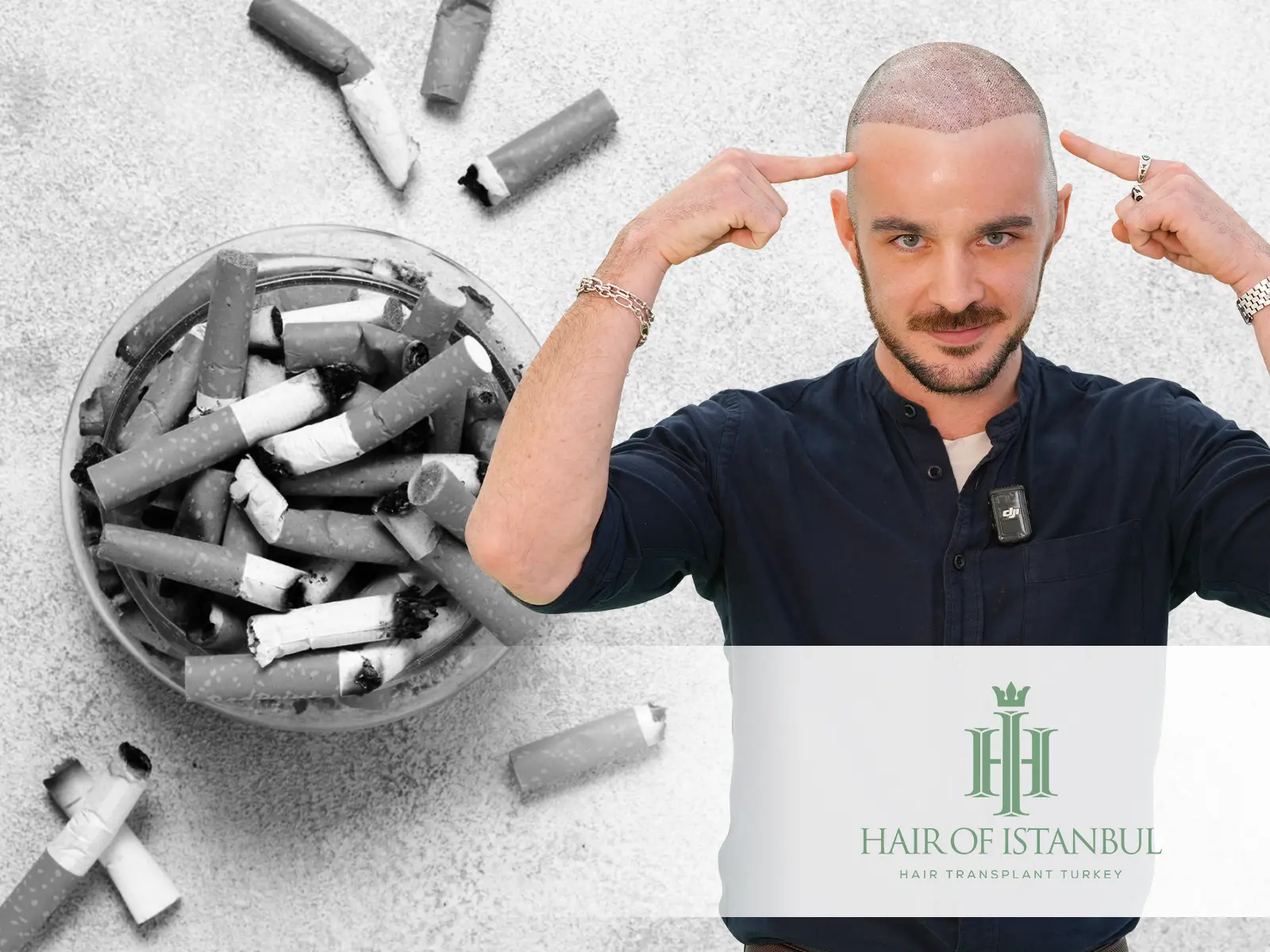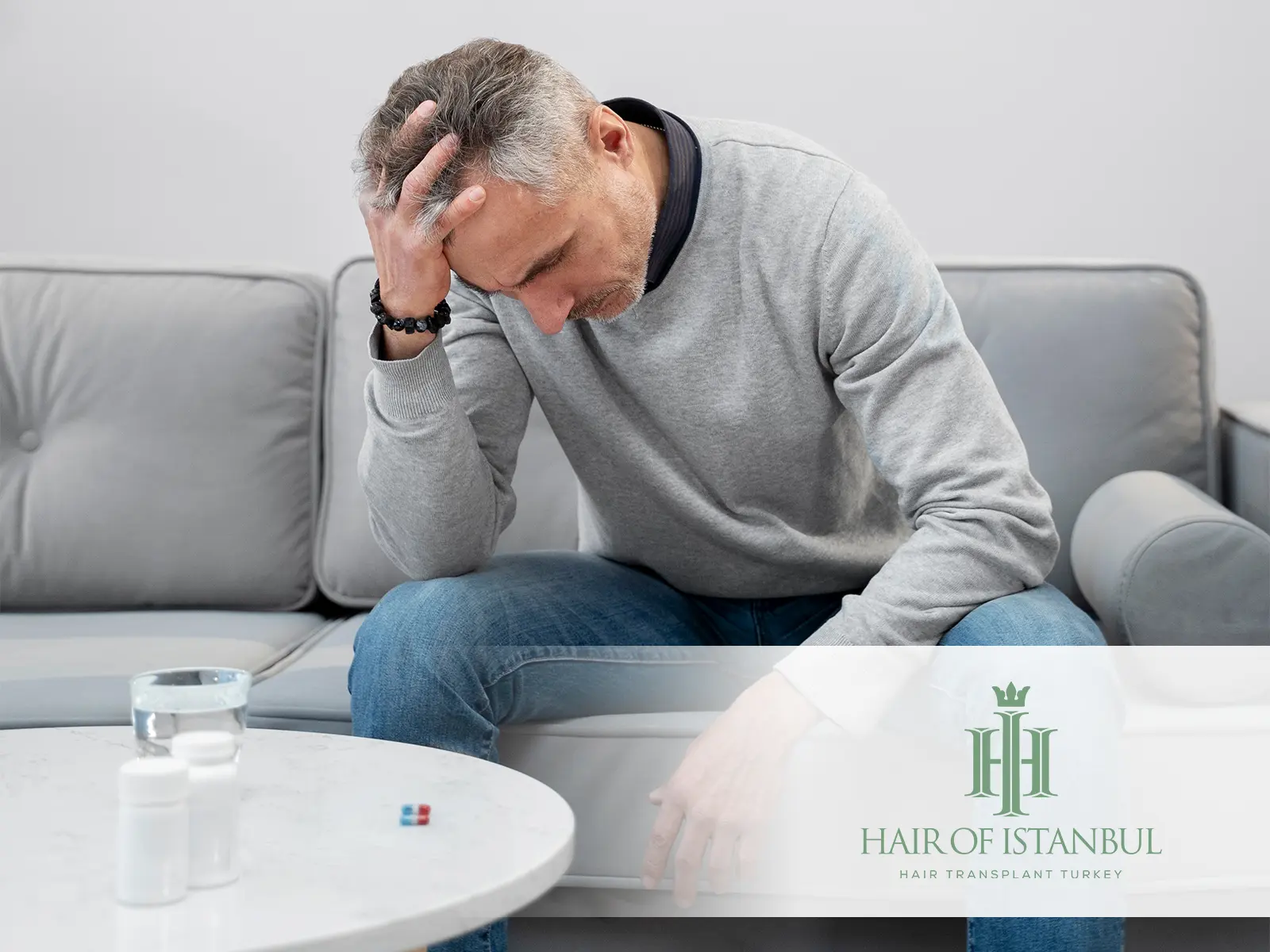Hair Transplant and Smoking: How Tobacco Affects Hair Restoration
The success of a hair transplant depends not only on surgical precision but also on the patient’s lifestyle choices before and after the procedure. One of the most critical yet often underestimated factors is smoking. Tobacco use has a significant negative impact on healing, graft survival, and the long-term results of hair restoration.
Many patients are unaware that smoking can compromise blood circulation, oxygen supply, and immune response all of which are essential for hair follicles to anchor and grow. Understanding the connection between Hair Transplant and Smoking is vital for anyone considering this procedure, especially if long term, natural-looking results are the goal.
How Smoking Affects the Hair Transplant Process
Smoking introduces thousands of harmful chemicals into the body, many of which directly damage blood vessels and restrict circulation. For hair transplants, this becomes a serious issue, as newly implanted grafts rely on a steady blood supply for survival. Compromised circulation means fewer nutrients and oxygen reach the scalp, reducing graft viability.
During the crucial post-operative phase, the healing process also slows significantly for smokers. Inflammation may be prolonged, infection risks are higher, and overall recovery is delayed. The interaction between Hair Transplant and Smoking is not just about aesthetics—it can affect the medical integrity of the entire procedure.

Impact on Graft Survival and Growth
The survival of transplanted hair follicles depends largely on their ability to receive oxygen and nutrients. Nicotine causes vasoconstriction, which narrows blood vessels and reduces blood flow to the scalp. This directly undermines the success of the transplant.
Even in well-performed surgeries by experts such as Hair of Istanbul, smoking can interfere with outcomes. Grafts may shed prematurely or fail to grow altogether. Patients often notice weaker density, irregular growth patterns, and less coverage compared to non-smokers.
Blood Circulation and Healing Complications
A healthy circulatory system is crucial for post-surgical healing. Smoking diminishes blood flow, leading to inadequate oxygenation of tissues. As a result, wounds close more slowly, and scabbing may persist longer than normal.
Poor healing can create visible scars or even necrosis in severe cases. Clinics like Hair of Istanbul consistently warn patients about the link between Hair Transplant and Smoking and the increased risk of post-operative complications.

Before the Procedure: Why You Should Quit Smoking
It is highly recommended to quit smoking at least one to two weeks prior to a hair transplant. This gives your body time to clear nicotine and carbon monoxide from the bloodstream, allowing normal circulation to resume.
By stopping smoking early, patients help their bodies prepare for trauma and increase the chances of graft survival. Clinics that offer fue hair transplant and dhi hair transplant consistently include smoking cessation as part of their pre-operative guidance.
Bu gönderiyi Instagram’da gör
Hair Transplant and Smoking: Aftercare Considerations
Quitting should not end after the procedure. The first two weeks post-transplant are critical for graft anchoring and skin recovery. Continued smoking during this window increases the chances of inflammation, folliculitis, and poor graft integration.
Guides like hair transplant care after stress the importance of avoiding all tobacco products until the scalp has fully healed. Failure to do so may compromise the investment both financially and cosmetically.
Visible Differences Between Smokers and Non-Smokers
Patients who smoke often experience slower hair growth and less density. This is especially noticeable when comparing outcomes with non-smokers who received the same treatment. Grafts that fail to root properly may fall out during the shedding phase and never regrow.
You can observe such contrasts in real before and after hair transplant images, which clearly show how lifestyle impacts final results. Smokers tend to show thinner coverage and uneven growth patterns.
Long-Term Effects on Hair Quality
The effects of smoking don’t stop with the transplant itself. Nicotine and other toxins can continue to damage existing hair over time, leading to further thinning and breakage. Even after a successful transplant, patients who return to smoking risk losing both native and transplanted hair.
For lasting results, smoking cessation must be part of the broader commitment to scalp and follicle health. This applies to all patients, whether male or female, considering a hair transplant for women or female hair transplant procedure.
Hair Transplant in Turkey: Regional Considerations
Patients traveling for hair transplant Turkey often underestimate the impact of environmental and personal habits on surgical outcomes. Smokers may face additional complications during travel recovery, particularly if they continue using tobacco during their stay.
In cities like Istanbul, leading clinics such as Hair of Istanbul offer detailed consultation plans that address the risks of Hair Transplant and Smoking from the first visit. These consultations often include health screenings, lifestyle coaching, and post-op management.
Special Cases: Afro Hair and Smoking Risks
Procedures like afro hair transplant present unique challenges due to curl patterns and hair density. For patients in this group, the impact of smoking is even more critical, as their follicles are more sensitive to oxygen deprivation and trauma.
Effective outcomes require strict adherence to medical advice, including smoking cessation timelines. This ensures that healing is consistent and aesthetic goals are met without disruption.
Final Thoughts on Hair Transplant and Smoking
The connection between Hair Transplant and Smoking cannot be ignored. Tobacco use affects every stage of the process, from graft survival to long-term maintenance. Choosing to quit—at least temporarily—can be the deciding factor between success and disappointment.
Patients considering hair transplant surgery are encouraged to view smoking cessation not as an optional suggestion, but as a core part of their treatment plan.
For the best results, consult with experienced professionals at Hair of Istanbul, where personalized care and lifestyle guidance are integrated into every treatment journey.







